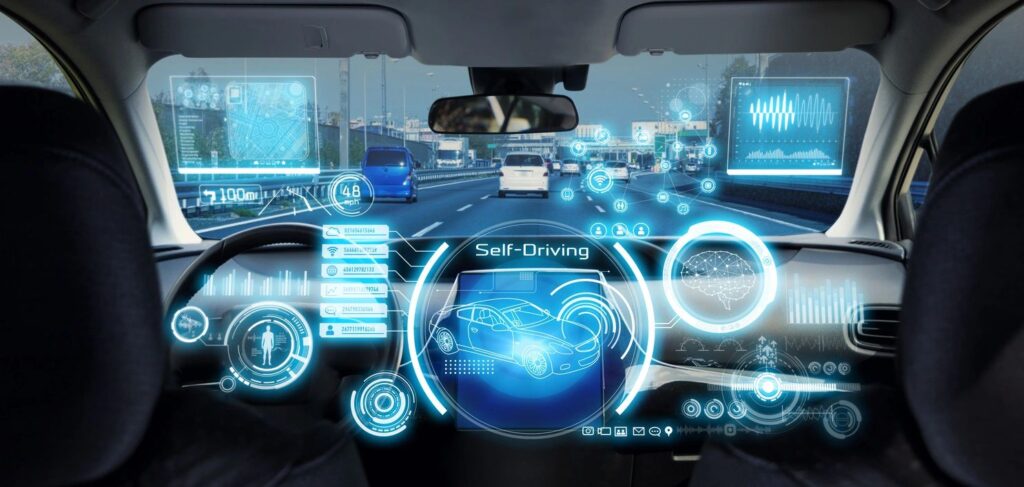At the MIT Sloan CIO Symposium in May, the discussions around generative AI reminded me of the early days of cloud computing. Back in 2010, the focus was on the cloud, and the concerns were strikingly similar: governance, security, and responsible use. Today, generative AI faces the same scrutiny, but the approach from CIOs has evolved.
In 2010, IT departments were grappling with the consumerization of IT. Workers sought the same user-friendly experiences at work as they had at home, often resorting to “shadow IT” when their needs weren’t met. The default IT response was often a firm “no.” Today, CIOs recognize that simply denying access to generative AI is impractical. Employees will find ways to use these tools, driven by their potential benefits despite concerns like hallucinations and intellectual property issues.
Mathematica CIO Akira Bell, speaking at the symposium, highlighted a more realistic approach. “Everything’s out there and democratized,” she said. “We cannot and don’t want to be ‘the agents of no.’ Instead, we focus on ensuring people understand their responsibilities when using these tools.” Bell emphasizes governing data, educating employees on best practices, and enhancing customer experiences through responsible AI use.
Strategic Implementation and Learning
Angelica Tritzo, CIO at GE Vernova, adopts a deliberate approach to generative AI. Her organization runs several pilots at different maturity stages, learning to balance costs and benefits while helping employees get familiar with the technology. “We are finding our way with all the pieces of technology, deciding how much to partner with others versus what we need to do ourselves,” Tritzo told TechCrunch. This iterative process helps them discover what works and how to proceed effectively.
Chris Bedi, CDIO at ServiceNow, predicts a shift in employee expectations. “From a talent standpoint, retaining talent is crucial. It’ll be unthinkable to ask your employees to do their jobs without GenAI,” Bedi said. He believes employees will soon demand AI tools, questioning the necessity of manual tasks. To prepare, ServiceNow has created AI learning pathways for all employees, fostering an AI-literate workforce. “We created AI 101 for everyone, and selectively 201 and 301, because the future is AI,” Bedi said.
Learning from the Past
The concerns over generative AI mirror those from the cloud’s early days, but IT executives have learned valuable lessons. Instead of locking down new technology, they focus on guiding responsible use. By doing so, they help employees utilize generative AI safely and effectively, recognizing that if they don’t, employees will likely use these tools anyway.
In summary, while generative AI faces similar governance, security, and responsible use concerns as early cloud computing, CIOs have adopted a more realistic approach. They emphasize responsible use, strategic implementation, and employee education, learning from past experiences to navigate the challenges of new technology effectively. This shift from denial to guidance reflects an evolved understanding of balancing innovation with control in the rapidly advancing tech landscape.
See also: AI-Driven Behavior Change: A Game Changer For Health Care


















